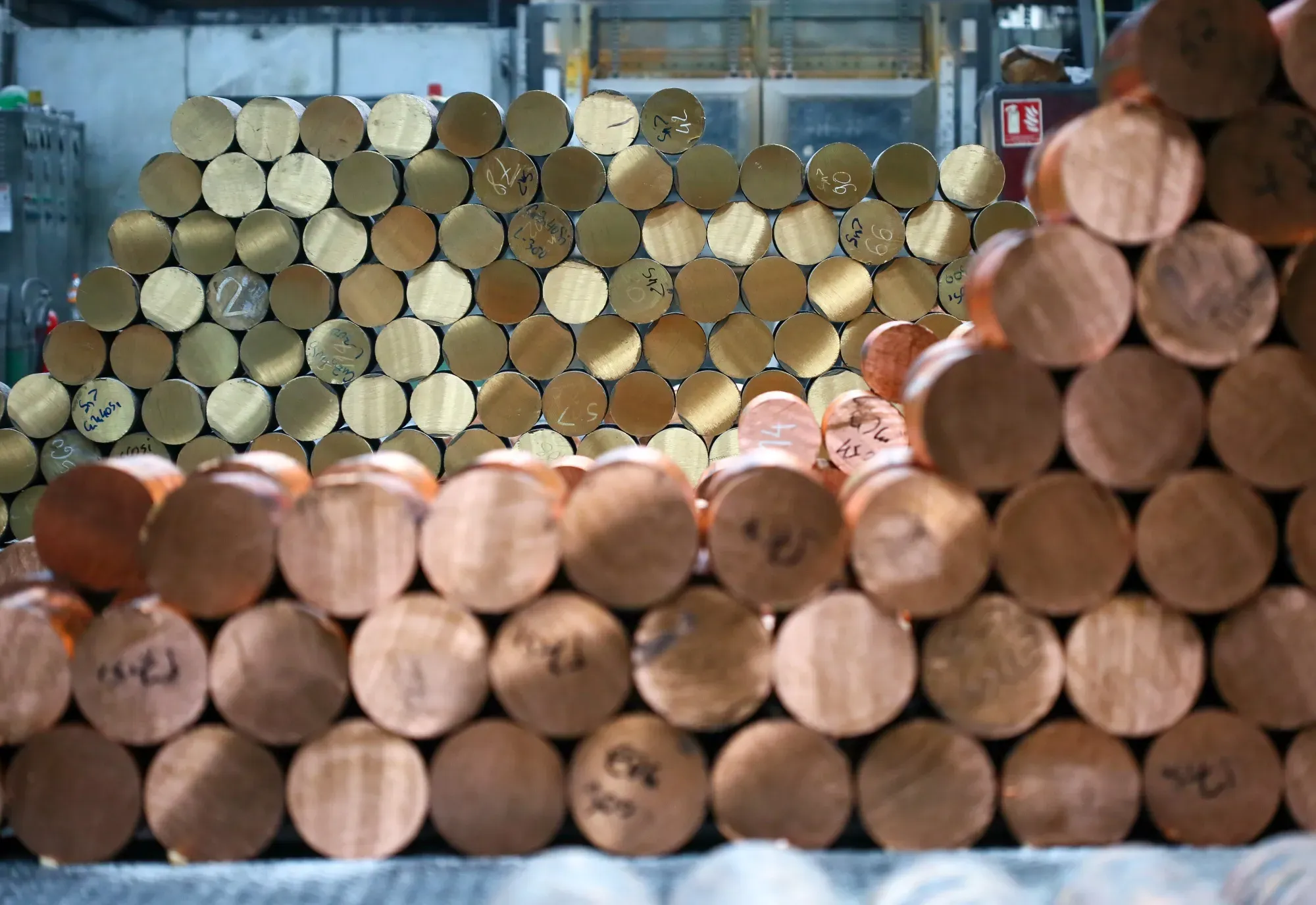 |
| Copper Tariff |
President Trump Exempts Copper as Section 232 Investigations Continue
In a significant development, copper and its derivatives were spared from additional tariffs in President Donald Trump's recent sweeping tariff announcements. The exemption comes amid a continued Section 232 investigation into the national security implications of the US's copper supply chain, which could influence future trade policies.
Ongoing Section 232 Investigations and Implications for Copper
President Trump instituted a 10% baseline tariff on all foreign imports, with additional tariffs imposed on some countries, including a 54% tariff on China. However, copper and lumber were exempted from these additional duties as the Secretary of Commerce investigates the supply chain of these materials. The investigation, which began on February 25, could take up to nine months to complete. The Department of Commerce is expected to release recommendations for new policies, which could include tariffs depending on the findings.
Currently, copper derivatives such as cathodes and wire are taxed at rates between 1% and 3%. Despite the tariff relief, the investigation’s findings could lead to future changes in tariff rates for copper and other critical materials.
Domestic Copper Production Challenges and Policy Recommendations
The US imported a total of 1.7 million metric tonnes (t) of copper and its derivatives in 2024, with copper cathodes accounting for the majority of these imports at 905,300t. The majority of copper imports came from free trade partners like Chile, Canada, Peru, and Mexico.
The US Chamber of Commerce responded to the ongoing investigation by recommending several actions to boost domestic copper production. These include tax credit incentives for domestic copper production, enhanced collaboration with allies and free trade partners, and reforming the permitting process for mining. Despite having significant copper reserves, the US faces a major challenge with a lack of domestic smelting infrastructure, with only two active copper smelters currently operating in the country.













 We publish to analyze metals and the economy to ensure our progress and success in fierce competition.
We publish to analyze metals and the economy to ensure our progress and success in fierce competition.
No comments
Post a Comment